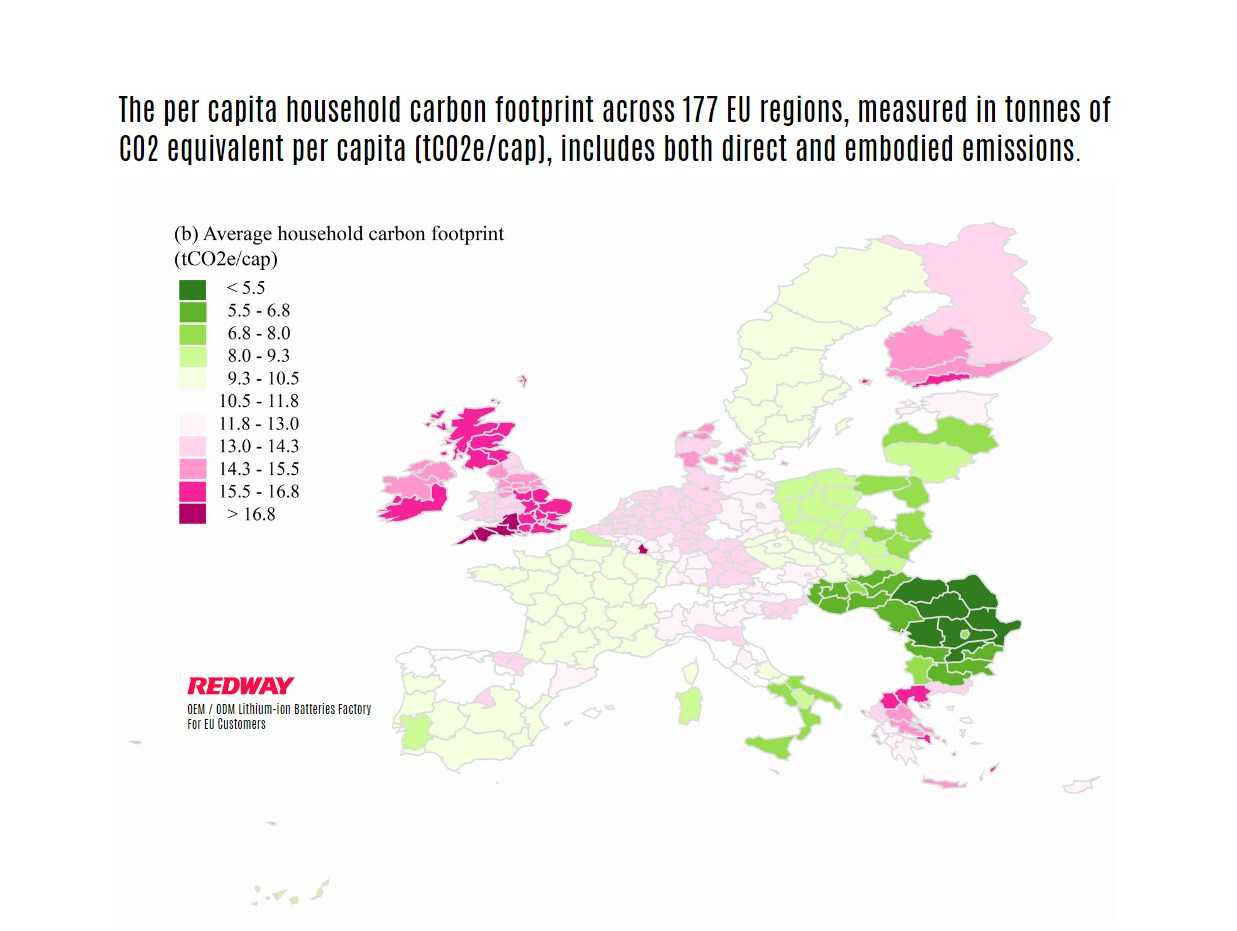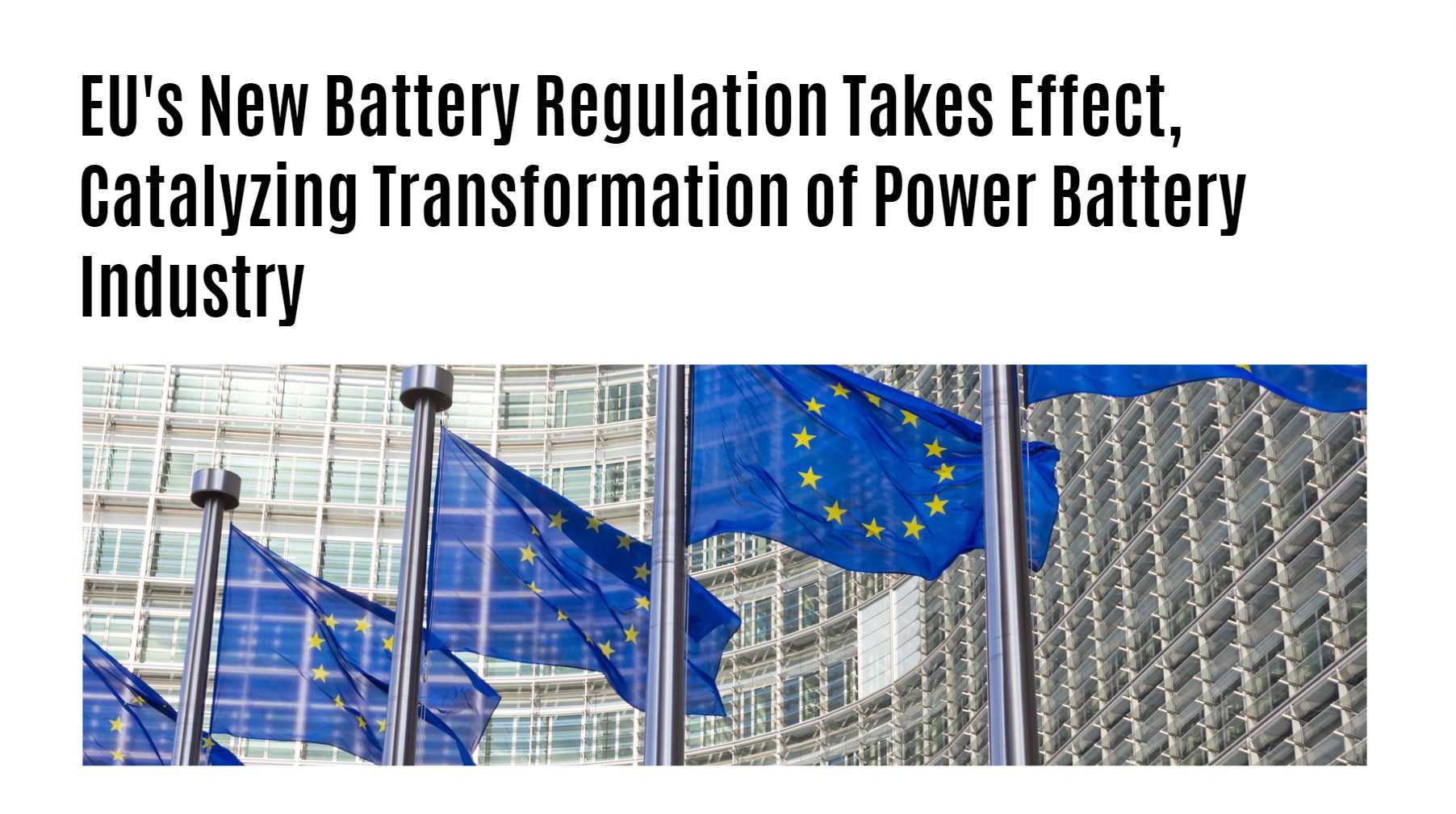The EU’s new battery regulation has taken a significant step forward. On June 14th, the European Parliament voted in favor of the “EU Regulation on Batteries and Waste Batteries” with 587 votes in favor, 9 against, and 20 abstentions. Following the standard legislative process, this regulation will be published in the Official Journal of the European Union and will take effect 20 days later.
Proposed on December 10, 2020, the European Commission aimed to modernize the EU’s battery regulatory framework and regulate the entire lifecycle of all types of batteries sold in the local market, from design and production to recycling. The goal is to ensure the sustainability and competitiveness of the battery value chain.
This signals the start of a new round of competition in the power battery industry, amidst the global competition in the new energy vehicle industry.
Key Points of the New Battery Regulation:
- Lifecycle Management: The regulation covers various stages of the battery lifecycle, including material production, battery usage, and the recycling of retired and discarded batteries.
- Carbon Footprint: Starting in 2024, battery passports must indicate the carbon footprint from raw material extraction to production and recycling.
- Material Recycling: The regulation emphasizes recycling efficiency and the use of recycled materials, such as cobalt, copper, lithium, nickel, and lead.

The per capita household carbon footprint across 177 EU regions, measured in tonnes of CO2 equivalent per capita (tCO2e/cap), includes both direct and embodied emissions.
Implications and Challenges:
- Domestic Battery Industry Enhancement: The EU’s intention is to enhance the competitiveness of the domestic battery industry and gain influence in global industrial development. This indirectly sets a threshold for China’s battery industry going global.
- Impact on Export: The regulation will affect the cost structure for products exported to the EU market. However, as many Chinese battery companies have prepared for low-carbon production, the immediate impact might be limited.
- Global Market Alignment: The EU’s actions might influence other regions, as countries around the world might follow suit and implement similar regulations to align with the low-carbon trend.
- Technical Innovation Challenges: Stringent regulations could potentially hinder battery technology innovation for smaller enterprises, and a balance needs to be maintained between compliance and innovation.
The EU’s new battery regulation aligns with the global trend towards low-carbon and circular economies. It aims to strengthen the circularity of the battery value chain, promote the recycling and reuse of retired batteries, and set higher standards for carbon management. However, the implementation could present challenges, such as insufficient supply of recycled materials and the establishment of mutual recognition mechanisms between China and the EU.
The new regulation will likely shape the development of the global power battery industry and influence companies’ strategies. This move could ultimately enhance the sustainability and competitiveness of the industry while promoting technological innovation and driving the industry towards zero-carbon transformation.




